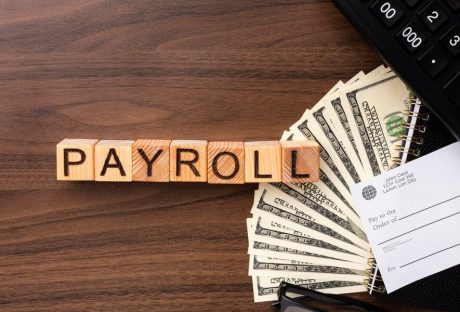Investing in bitcoin can be a fun way of expanding your investment portfolio. Since Bitcoin was launched in 2009, the cryptocurrency has experienced immense growth.
For example, its value increased by almost 30,000% between October 2013 and July 2021. Although that boom is meteoric, to say the least, experts predict that the value of Bitcoin could shoot up even further as people gradually adopt cryptocurrencies and blockchain technology.
As a newbie to the world of crypto, figuring out how to start investing in Bitcoin, or any other cryptocurrency for that matter can be overwhelming at first. But learning the ropes is very easy and doesn’t require any special skills.
Here are three steps you need to follow to start buying bitcoin in IRA.
1. Select a Reliable Crypto Broker or Exchange Platform
You need to pick a crypto exchange or broker if you want to buy bitcoin. Although either will let you buy bitcoin, there are a few vital factors that set them both apart.
Crypto brokers remove the complexity of buying bitcoin by providing easy-to-use interfaces that allow people to perform exchanges. Although they’re very convenient, you need to be careful with brokers since some are costly and place certain restrictions on moving bitcoin holdings off the platform.
Crypto exchanges, on the other hand, are platforms where buyers and sellers trade cryptocurrencies such as Bitcoin. They usually charge lower fees but have complex interfaces, which you might find daunting as a newbie.
Make sure you evaluate the pros and cons of each option before making your final pick.
2. Choose a Safe Method for Storing Your Crypto
Crypto brokers and exchanges are not backed by institutions such as the Federal Deposit Insurance Corp (FDIC), meaning they’re not protected from the risk of hacking and theft. If you lost the access codes to your account, you could lose your investment regardless of how much you spent.
As such, you need to have a safe storage place for your Bitcoin. You can either leave the crypto in the account you have with the exchange platform, or you could move it to a hot or cold wallet.
Hot wallets are internet-based but face a high risk of theft since they’re online. Cold wallets aren’t online and take the form of external devices such as a hard drive, making them very secure.
3. Deposit Cash and Place Your Order
You’ll need money to buy bitcoin, so you need to make a cash deposit into your account. You could either link your bank account or pay with a debit/credit card.
Once the funds reflect on your account, you’re ready to place your first Bitcoin order. Key in how many Bitcoins you want to buy, and once the transaction is complete, you’ll be a happy Bitcoin owner.
Why Not Integrate Bitcoin in IRA
As the proud owner of Bitcoin, including Bitcoin in IRA, could add a valuable touch of diversity to your investment retirement portfolio. You’ll also enjoy higher returns when you decide to sell your Bitcoin some few years down the line.
However, given the volatility of the crypto world, if you’re close to retirement, you may want to reconsider opening a Bitcoin IRA.
Read Also:
























